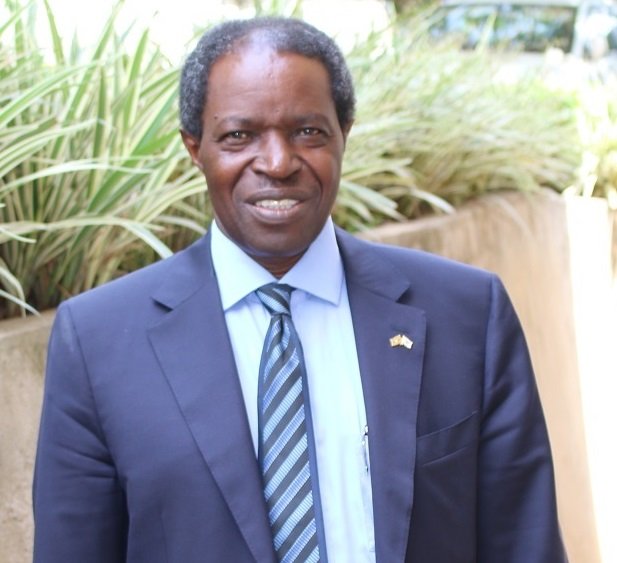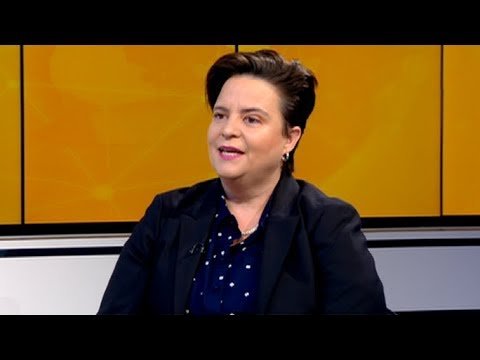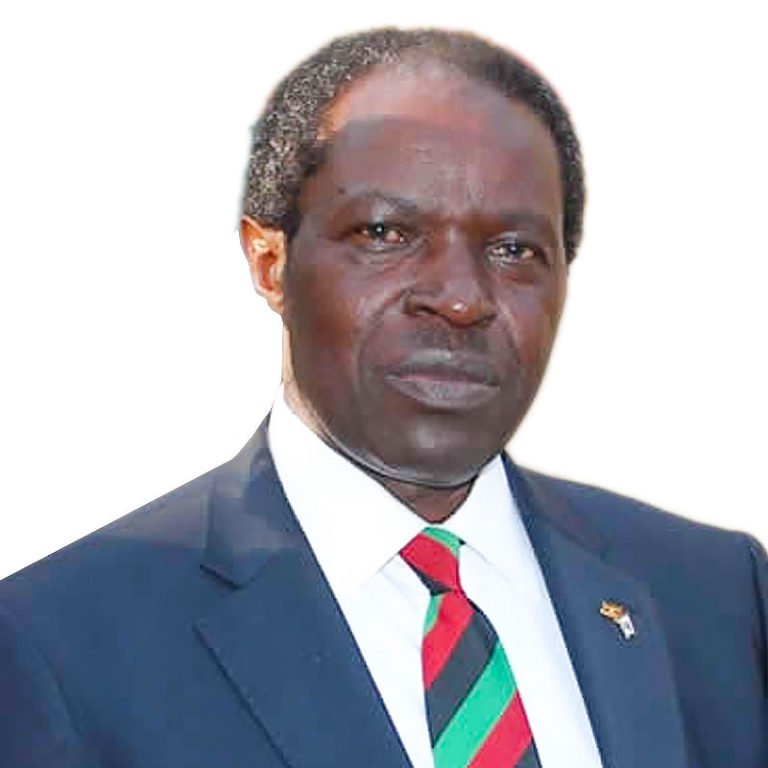No sooner had the conversations started on the recent webinar titled: COVID-19 and Africa’s Higher Education System: What is going on, than it became clear that universities across the continent were experiencing common challenges.
As Professor William Bazeyo, Deputy Vice-Chancellor: Finance and Administration at Uganda’s Makerere University put it, COVID-19 had caught everyone unawares. “Our institutions were hardly prepared,” he said. Nigeria and South Africa were no different. In South Africa, universities were forced into an early recess two weeks after the first COVID-19 case was confirmed on 5 March. Government ordered them to evacuate campuses, bringing teaching and learning to a total standstill. When the government enforced a national lockdown from 27 March, universities had to identify mechanisms to advance the academic programme. After much deliberation, they decided to resume emergency teaching via multiple modes combining online teaching, distance delivery of teaching material and a catching-up phase back on campuses depending on what the virus trajectory would allow.

The decision to resume teaching online laid bare the deep inequalities across South Africa’s university sector: the more resourced institutions were better equipped to resume remote teaching and therefore started as early as the beginning to the middle of April, compared to their less resourced counterparts, many of whom had yet to resume remote teaching as at mid-May. The inequalities also distinguished between students from well-resourced family backgrounds and those from families of lower socio-economic means. Dr Linda Meyer, Director: Operations and Sector Support at Universities South Africa (USAf) told the webinar participants “that we have institutions where 90% of students neither have devices nor electricity security or internet connectivity. It does not matter that we send them a device, or data. Others do not have electricity security and live in rural villages where they live eight to 10 people to a room. That is not a conducive learning environment.”

Dr Linda Meyer, Director, Operations and Sector Support at Universities South Africa (USAf)
To read the full report, click here.
This report, based on “CHEiD Host A Higher Education Web Conference Series“, was written by Ms ‘Mateboho Green (mateboho@usaf.ac.za), Universities South Africa.
You may also like to read the other report by the same author, titled “Online learning is integral to the future of Higher Education; embrace it or become irrelevant”.


